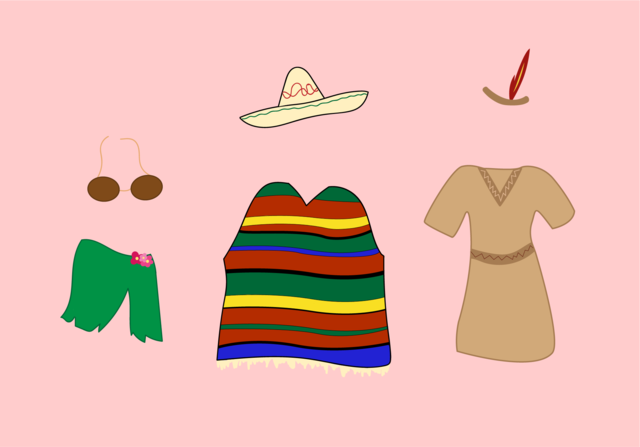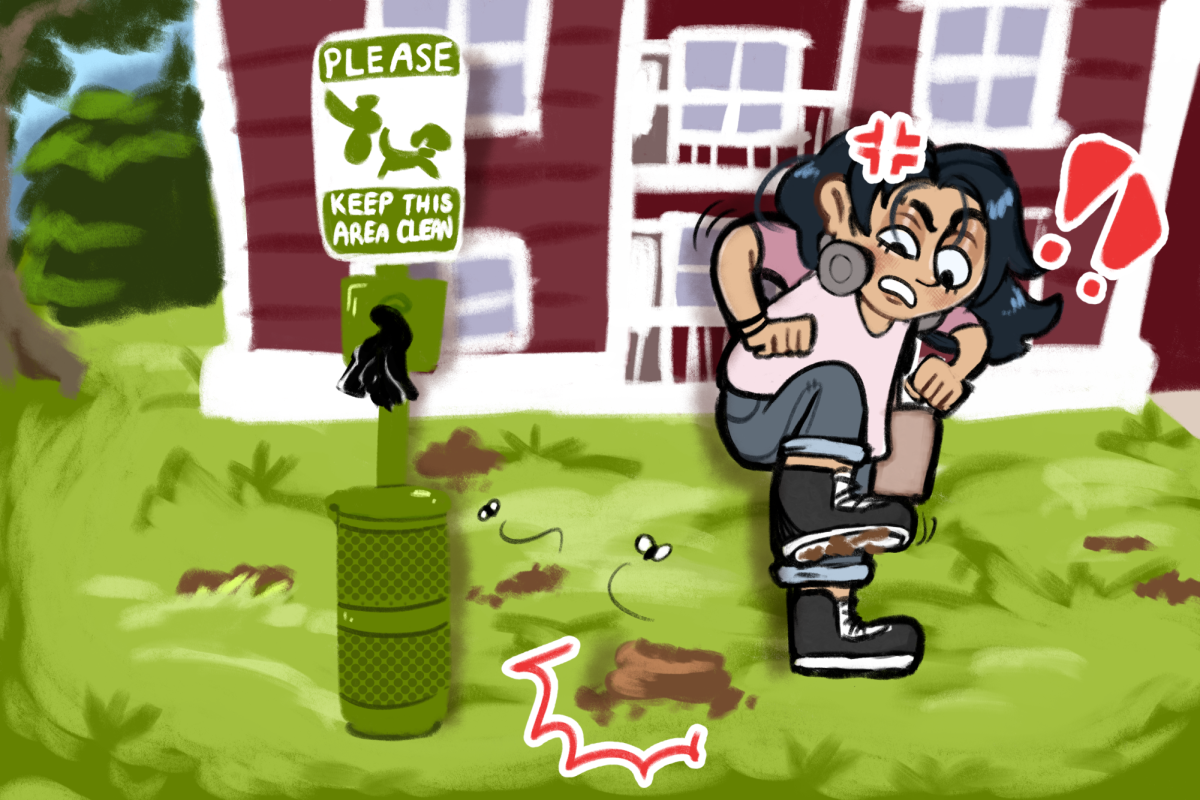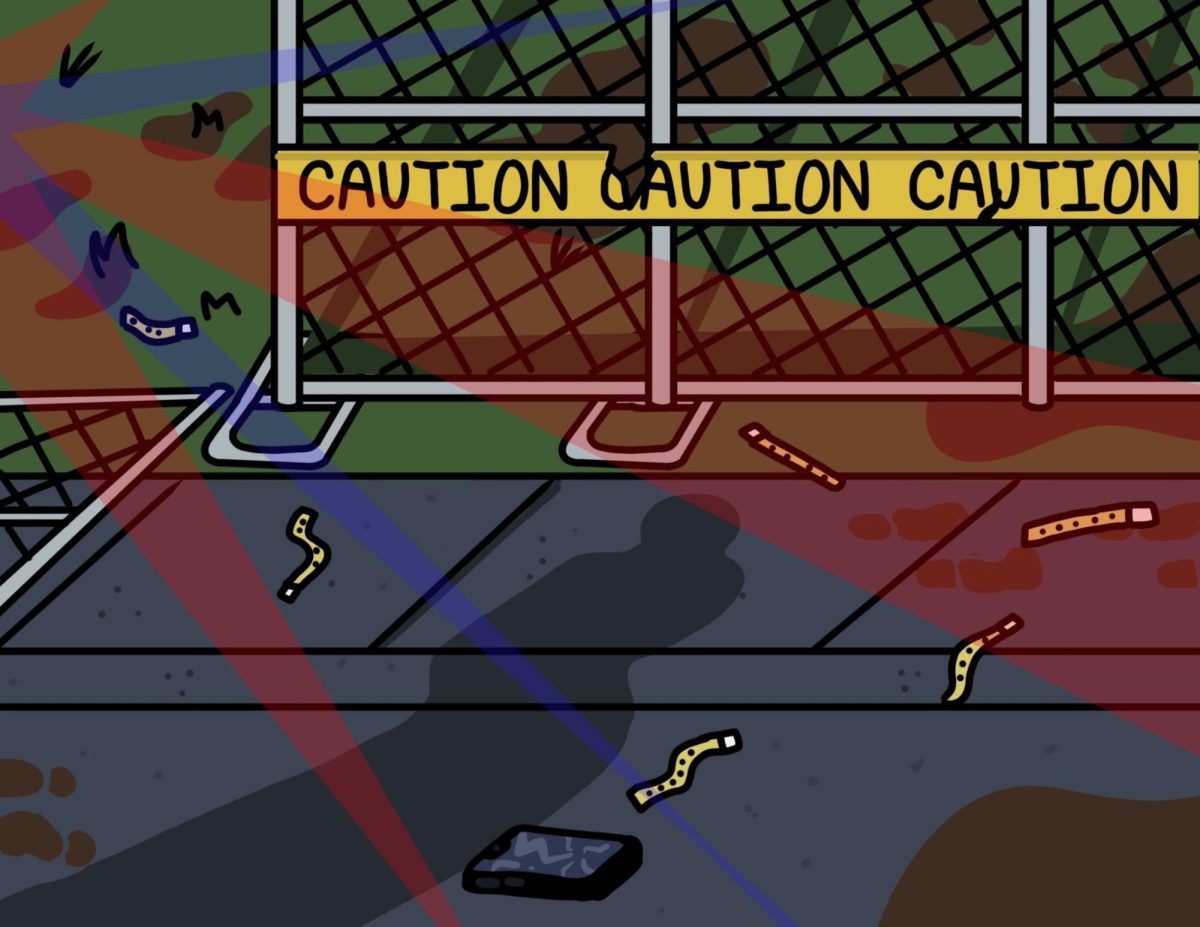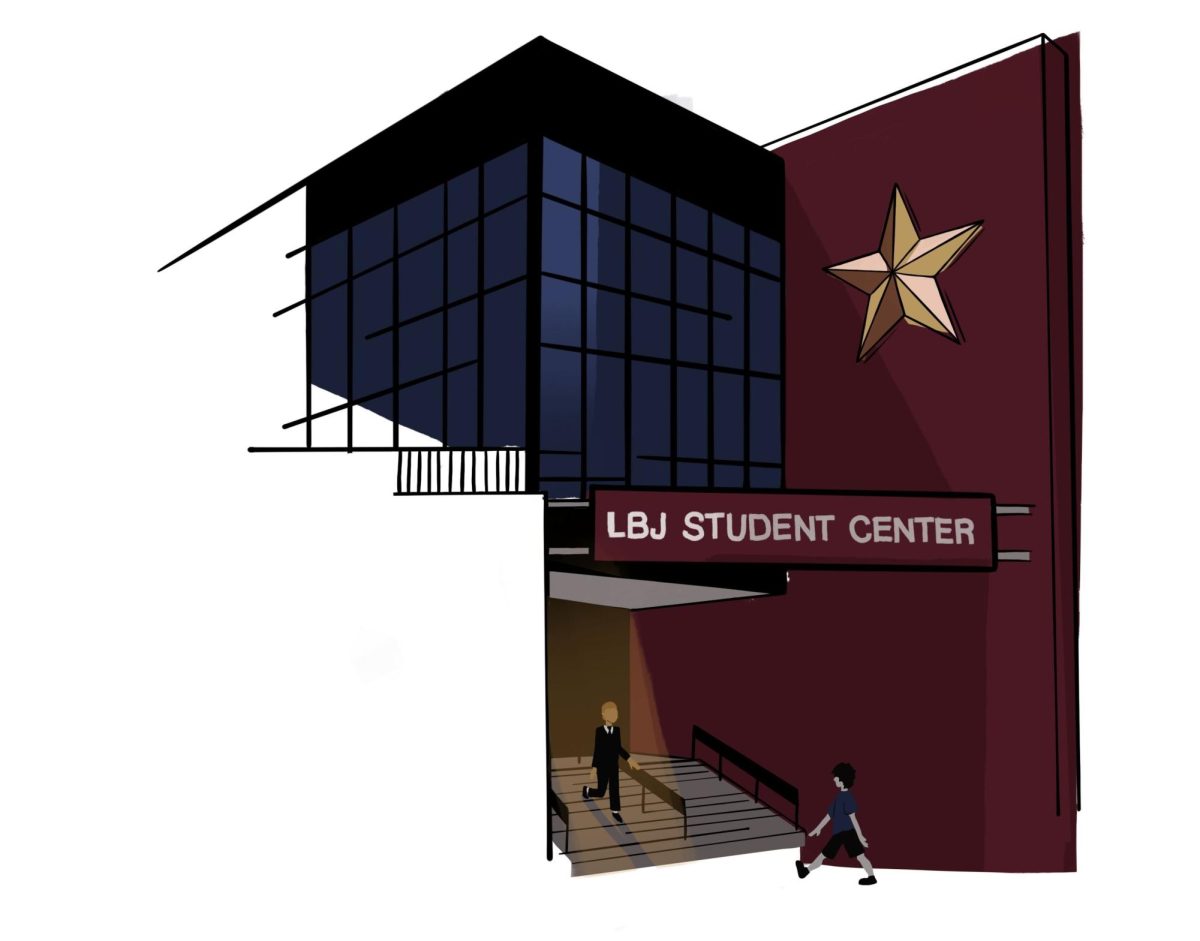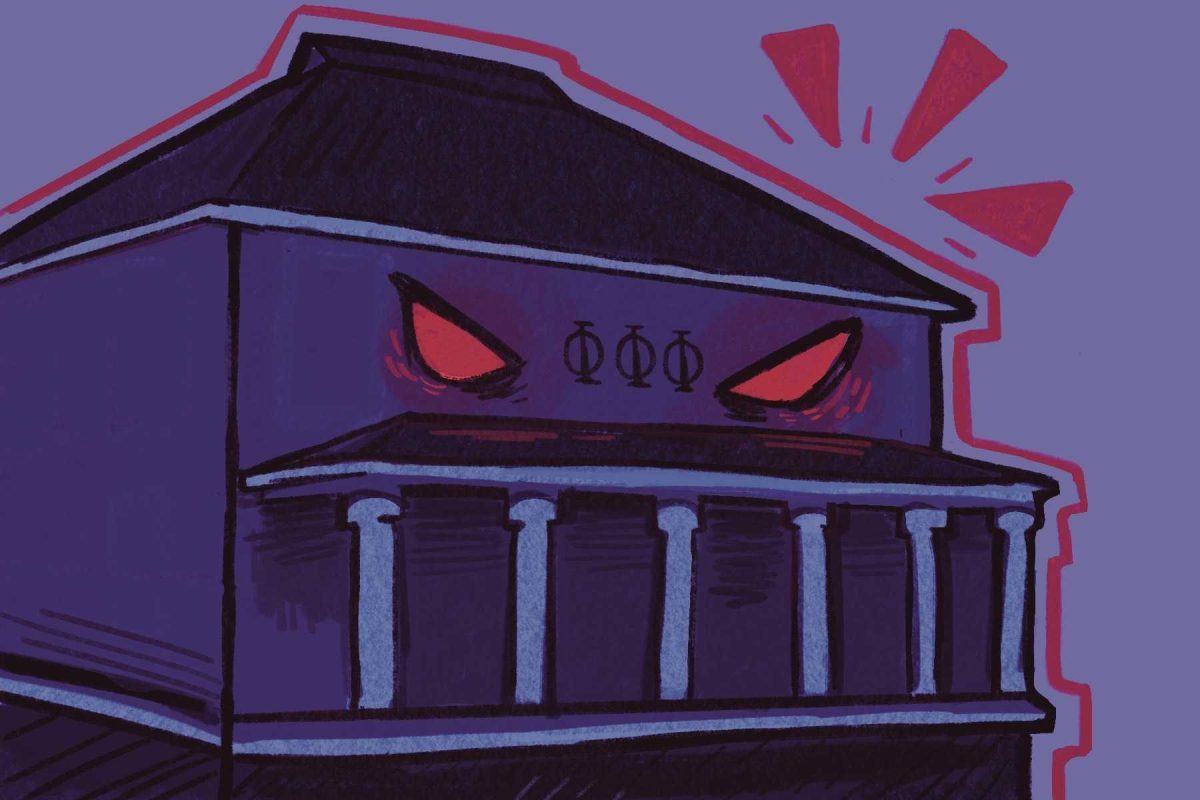With Halloween around the corner, costumes are once again appearing on store racks. There are timeless options such as superhero and princess costumes, but more unsavory options as well. When looking through costume options, one can easily come across costumes that are based on the cultures of people of color.
Using other people’s cultures for Halloween costumes is culturally appropriative and disrespectful.
The first case I saw of this recently was costumes of Romani people from Spirit Halloween. However, the term “Romani” wasn’t used on the store’s website, but a commonly used slur. This g-word was given to the Romani people by Europeans, as their darker features were thought to be attributed to Egyptian descent. In reality, the Romani came from Northwest India with 10-12 million Romani people currently living in Europe today.
Throughout history, the Romani people have faced persecution. They were forced into chattel slavery for 500 years and 70-80% of the Romani population were killed in the Holocaust. After all of this, caricatures of the Roma culture continue to be perpetuated through Halloween costumes.
Black people have faced persecution as well. When it comes to Halloween costumes centered on Black people, there’s always the concern of blackface. Blackface in costumes tends to reinforce the historical idea that Black people are property whose looks and aesthetics can therefore be used as entertainment. The concept of blackface is a legacy of minstrel shows that dehumanized Black people.
Shayla Johnson, a microbiology sophomore, finds the appropriation of Black culture in Halloween costumes to be offensive.
“Sometimes there’s a lot of African prints from Dashikis from people who know nothing about the culture, or the history or the importance of it,” Johnson said.
During the civil rights and Black Panther movements in the U.S., the Dashiki held a particular symbolic significance. It symbolized both a rejection of normal western culture and a prideful acceptance of Blackness. However, the strength of the Dashiki as a political symbol died down once white counterculture groups subverted its original meaning for aesthetic purposes.
Using Blackness for aesthetic purposes isn’t something that’s been left in the past. There’s been criticisms of celebrities stealing from Black culture, as well as blackface.
“The Kardashians are a great example. Especially with blackface, their outfits you know switching skin tones, manipulating yourself to look a certain way maybe it’s not malicious but you still have to be educated in what you’re thinking,” Johnson said.
Kim Kardashian alone has seen her own set of controversies. After having appeared several shades darker in KKW Beauty promotional photos, some claimed Kim Kardashian was participating in blackface. She later took the photos down and apologized.
However, this isn’t the only incident that has occurred. There’s also the time Kim Kardashian wore Fulani braids and called them “Bo Derek braids.” While Black women are considered unprofessional when wearing braids, it’s considered trendy or fashionable when white women wear them. Moreover, it’s disrespectful to other people’s cultures to rename hairstyles, fashions or items that have been around before they were made trendy.
Her controversies extend into Halloween as well. In 2017, Kim Kardashian dressed up as Aaliyah and was criticized for dressing up as a Black woman. Although some may argue that she was not doing blackface, Julianne Hough’s Crazy Eyes costume definitely was.
With over 2,000 results for “Native American costume” on Amazon, it’s fair to say Indigenous people are also victims of cultural appropriation. The painful realities of Native American history should never be erased by Halloween costumes.
Native American children were forced by the U.S. to assimilate through boarding schools in the 1800s. Children were stripped of their Indigenous names and some were even known to die in these institutions.
Within the same century, the Trail of Tears occurred. Thousands of Natives died after being removed from their land and being forced to walk thousands of miles without food or help. Nearly 15,000 Creeks were removed from their land in Alabama and Georgia, and only around a fifth survived the trip to Oklahoma.
Along with taking away aspects of a group’s culture, it’s also important to note the ones that people assign to certain groups when it comes to costumes. For example, Native costumes are usually styled after this violent time period in 19th century American history.
With this in mind, it seems irreverent to go as far as to sexualize these costumes as well. Especially when these costumes are likely modeled after ghost dance shirts, a garment meant for spiritual protection against violence.
With Halloween only days away, students on college campuses have likely started celebrating early. In an effort to discourage and prevent cultural appropriation from happening on their campuses this Halloween season, some universities, such as the University of Utah, have sent out newsletters advising students what is and what is not considered an appropriate costume. Similarly, Princeton has held a seminar about cultures and costumes.
There are many costume options available, therefore it would be odd to decide to dress up as another person’s culture. If you’re unsure if your costume is appropriate, why take the chance of disrespecting a culture?
It’s not appropriate to perpetuate stereotypes or steal ethnically important styles just because it’s Halloween. It’s a holiday where everyone should have fun dressing up, and not feel uncomfortable by seeing caricatures of themselves.
– Hannah Thompson is a History Senior.
The University Star welcomes Letters to the Editor from its readers. All submissions are reviewed and considered by the Editor-in-Chief and Opinion Editor for publication. Not all letters are guaranteed for publication.
Opinion: Halloween isn’t a pass for cultural appropriation
Hannah Thompson, Opinion Editor
October 26, 2021
0
Donate to The University Star
Your donation will support the student journalists of Texas State University. Your contribution will allow us to purchase equipment and cover our annual website hosting costs.
More to Discover



